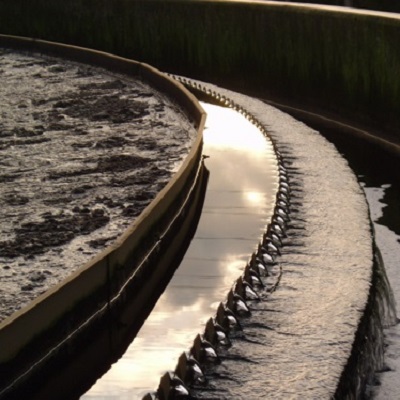Taking the P in the future: new technologies for phosphorus capture from wastewater

The project: Phosphorus is central to globally-significant challenges, including the need for sustainable approaches to reduce nutrient enrichment within aquatic ecosystems. This project will develop new technologies that reduce the financial and environmental costs associated with removing phosphorus from wastewater. Using a range of materials that are by-products from other industrial sectors, alongside existing commercial products, you will evaluate the mechanisms through which phosphorus is removed by individual products and how these products perform under different operating conditions, including water temperature and pH. Subsequently, the best performing products will be up-scaled and installed within a wastewater treatment works. Field trials will then be used to evaluate phosphorus removal by the products under real-life hydraulic and pollutant loading scenarios. Ultimately, this project aims to establish the research base for new technologies in wastewater treatment, including the design and operating principles required for these technologies across the UK and international water sectors. The training opportunity: The PhD will be based at the Lancaster Environment Centre, a top five department in the UK for research and teaching in the environmental sciences. You will become an expert in using laboratory and field approaches to understand the geochemistry of reactive materials and pollutants, including gaining hands-on experience of a range of cutting-edge analytical instruments including mass spectrometers. Alongside research in the field of pollutant removal from wastewater, this project involves collaboration with Untied Utilities (UU), a major water company in the UK. You’ll collaborate with staff from UU throughout the project, including spending time at UU offices and sites, to understand the financial and environmental considerations surrounding the development of new water treatment technologies. The collaboration between Lancaster University and UU will enable you to pursue future careers either within academia or within the spheres of technology development related to water treatment and supply.
Applicants should hold a Masters degree and/or a Bachelors degree (at 2.i level or equivalent) in subjects such as Environmental Science, Natural Science, Chemistry or Physical Geography. Applicants would also ideally have strong analytical skills and an interest in both field and laboratory based research.
If you’re interested in this project, you’re strongly encouraged to contact Dr Ben Surridge (b.surridge@lancaster.ac.uk; 01524 594516) to discuss the research and the training opportunities.
